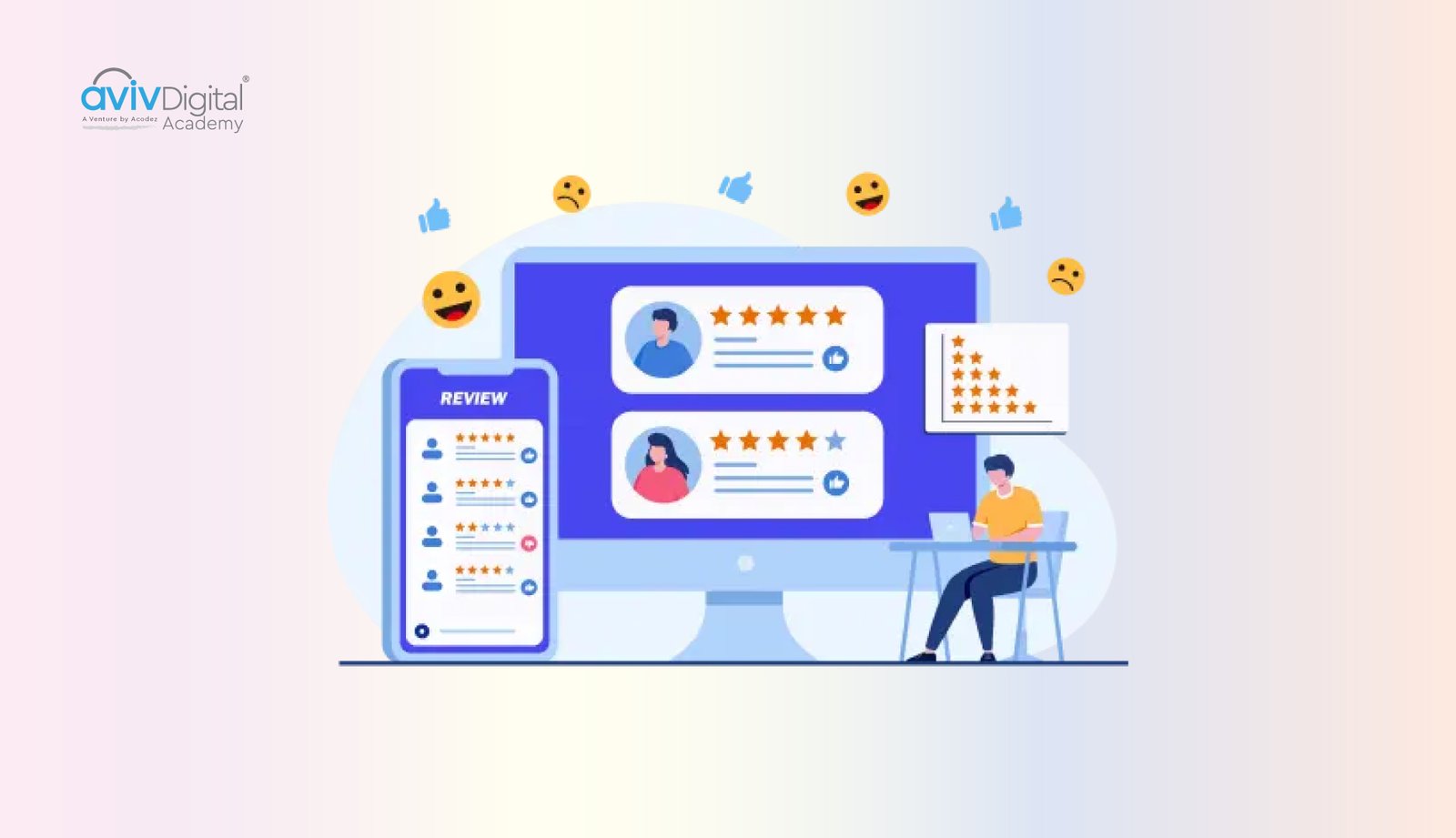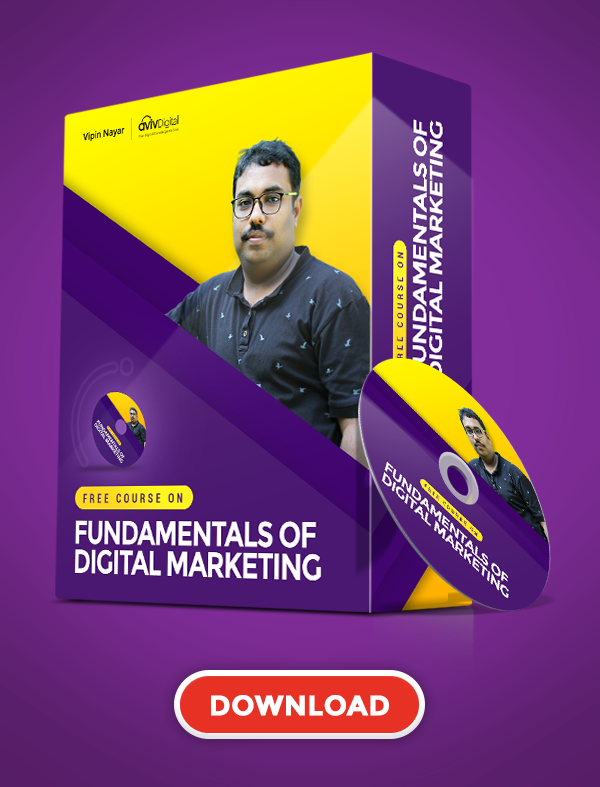
Digital marketing these days has become more than just online content and marketing. It requires much better effort, tactics and strategies and more than just meeting the regular key performance indicators. Certain factors are more than just numbers, such as the brand status, emotional connection with the audience, the reputation and much more. ORM is such a practice in Digital marketing for brands and businesses to establish and maintain their status and grow. This blog is an expert dive into what ORM is, why ORM is useful or necessary, its benefits and disadvantages, when to use it and other necessary facts.
What is ORM?
ORM stands for Online Reputation Management is the process of monitoring, influencing and defending the reputation of brands, individuals online. It makes use of tactics to form and maintain public opinion and perception. ORM is used by Digital marketing and primarily by public Relations Agencies. The ORM market is projected to reach $21.4 billion by 2033 at a CAGR of 10.9%. ORM strategies include promoting positive content, responding to and resolving negative feedback. In Digital marketing, this is also necessary to deliver the desired image about a company or person in search results that are ranked and in social media, reviews and more.
Why is ORM Important? Or Useful
Knowing why ORM is useful or necessary is also important, as knowing what ORM is. Let’s look at why ORM is necessary.
- Create a First Impression: Statistically, 90% of users take a look at online reviews and judge how it seems to them overall. A Good ORM practice ensures the brand or personalities give a great first impression. This ensures positivity among prospects and builds an initial trust.
- Crisis management: A team that specialises in ORM is quick and can manage negative news or viral issues rapidly. They also ensure that such small issues wouldn’t bother the brand or business again.
- Credibility building: The successful practice of ORM adds well to a brand’s or personality’s credibility. This benefits in building confidence among new consumers. Businesses with a positive online reputation get 6.9 times more leads.
- SEO benefits: ORM in digital marketing offers numerous benefits. Though not a direct marketing tactic, the credibility and status built by ORM in Digital marketing positively reflect on search engine results. With higher rankings and organic visibility.
When to Use ORM?
Knowing when ot use ORM is the only way to use it right and maximise the benefits. Additionally, you need to analyse whether you, your brand or business requires ORM, and if it does, does it need to be used a little or more. Here are some considerable scenarios where you can use it.
- Small to medium-scale businesses need to grow and compete with bigger brands than themselves with their positive verdict.
- In case of maintaining stakeholder relationships for Mergers and Acquisitions
- ORM can also be used or implemented at the time of Branding or rebranding to establish a new identity online
- In case of increased Negative publicity and to tackle these issues and recover quickly, the practice of ORM must be recommended
- Service-based businesses need ORM due to the word-of-mouth marketing required, as it has a huge influence on their status.
Who Can Use ORM?
Here are some businesses, brands or personalities who can or who are recommended to use ORM in their Digital marketing campaigns:
- Small to medium-sized businesses can make use of ORM in Digital marketing, as their potential and growth can be achieved
- Large Enterprises can also make use of the role of ORM in Digital marketing
- Another person who can use ORM is CEO’s and Thought Leaders to upscale their personal branding
- Public Figures, as it sounds obvious, shouldn’t question what the role of ORM in Digital marketing is. It helps Politicians, artists, and athletes who need to maintain their public image.
- NGO’s and non-profit organisations to establish their positive image for future philanthropy and strong trust from donors.
Advantages and Disadvantages of ORM in Digital Marketing
| Advantages | Disadvantages |
| ORM shapes brand perception with positive narratives and long-term goodwill | ROI isn’t quickly quantified andis a time-intensive method |
| Boosted conversions and referral traffic with Customer trust built via ORM | Creates inauthenticity with Over-curation and filter-bubble bias |
| Benefits of risk management by quick crisis response and early problem detection. | Exhausting to monitor 24/7, and potential for legal complications |
| Leverages positive customer reviews and puts you ahead of or distinguishes you from the competitors. | Competitors might overwhelm with negative hits. |
Core ORM Methods and Channels
ORM is implemented through several means, mostly online. These are the few channels or strategies relied on for an effective ORM in Digital Marketing.
- Managed Reviews: Profiles like Google My Business and industry-specific platforms must be presented well, with good public reviews and must be managed. 90% of customers read online reviews before visiting a business
- Search result optimisation: Create and promote positive content and implement effective SEO strategies to rank higher, making it rank even above the negative verdict.
- Social Engagement: Monitor and acknowledge brand mentions and thank, address, of work on critics for a better brand reputation.
- Crisis management plan: Pre-plan and foresee issues, criticisms or large negativity surrounding and be prepared early to tackle these issues. You can prepare message templates, find solutions for quick coordinated resolutions. It takes around 40 positive reviews to counter one negative review.
- Legal and Ethical formalities: Understand defamation laws, review site guidelines and other legal constraints and regulations, with other formalities in case of genuine issues.
Measuring ORM Success

To measure the success of an ORM campaign, certain analytics are followed, including:
- Sentiment Analysis, where the feelings and emotions of people, whether positive or negative, are monitored
- Measuring the verdict of Review scores and their volume
- Search engine rankings are also a key factor to consider in order to measure success
- Engagement metrics like likes, replies are also relevant considerations.
- Crisis response time is a crucial factor in ORM campaigns, which also adds to or highlights their success.
Role of ORM in Digital Marketing
If you’re wondering what is the role of ORM in Digital Marketing, worry less as we will explore it now. Though ORM and Digital Marketing as well as PR were differently subjected, they have turned out to be under the same radar with their similar goals. ORM utilises Digital Marketing tactics like SEO content, SMM content and more. They are:
- Content Marketing, where they publish positive and PR related content online
- Paid Ads are utilised to balance and come on top of negative reviews
- Email Marketing: Sending apologies, responding to critics and conflict resolution
- Analytics: to monitor and analyse trends, patterns, or action recommendations based on sentiment, customer feedback and interactions.
ORM vs SEO
Understanding what is the role of ORM in Digital Marketing would also make you wonder about the Differences between ORM and SEO. To make it simple, let’s find out:
| Online Reputation Management | Search Engine Optimisation | |
| Goal | The Goal of ORM is to maintain the public image and brand reputation | Improve visibility and rank the pages and search results of brands, businesses and personalities higher |
| Key focus | Reputation, Public reviews | Using keywords for traffic, rank higher in search results |
| Content Approach | Promoting positive content | Optimise content for rankings |
| Engagement | ORM manages crises and handles feedback | Targets in terms of informational and transactional |
| Idea | To protect the brand and recover it from negativity | To get brands discovered |
How is Online Reputation Management Different From PR?
Since ORM, Digital Marketing and PR cruise in the same boat for similar goals, they possess key differences. ORM and PR are different in their own means. Here are the factors and key differences between ORM and PR.
| While PR tends to be the initial proces, ORM is the continuous process to maintain the reputation of brands and businesses |
| ORM’s key focus is on Online reputation. PR is different in this aspect as it is concerned with the overall relation, with the public, both online and offline |
| As it sounds obvious, ORM uses online channels as well as PR, but PR also relies on traditional methods |
| PR is slow but structured, and on the other hand, ORM requires quick responses and management to tackle relevant challenges in each. |
| Crisis management by PR includes well-planned statements, newspaper response and damage control, and ORM handles via quick responses and offering resolution online quickly |
How do I Know What My Reputation is?

You might have your questions answered, such as What is ORM in Digital marketing and What is the role of ORM in Digital Marketing. Now, if you’re wondering How do I know what my reputation is look out for these steps.
- Search for your brand or business and see what the results are, including the search rankings, public verdict, to get an overview.
- Watch out for reviews on Google, Facebook or other popular social media sites and monitor the average rating.
- Look at whether your social media brand mentions are positive or negative
- Ask for customer feedback and see what they say to you directly
- To assist you, utilise tools like Google Alerts or Brand24 etc
Conclusion
These are everything you need to know about ORM, What is ORM in digital marketing, What is the role of ORM in Digital marketing, How is ORM different from PR put out in simple terms. Understand they are different in their own ways, but also find similarities and go hand-in-hand using each features despite having different goals and methods. Each has its importance, and one cannot be replaced or left out when it comes to growing a brand or business. Make sure to know its potential and drawbacks to make the best out of each.
Aviv Digital Academy is one of the leading Digital Marketing Course in Calicut. We offer a wide variety of globally recognized certification programs that include SEO, SEM, SMM, Email Marketing and Inbound Marketing courses. For more details, Contact us at: +91 8156998844
FAQ
1. How long does it take to see results from ORM efforts?
ORM is a long-term strategy that typically shows initial improvements in 3-6 months, with significant results visible in 6-12 months. The timeline depends on current reputation status, industry competition, and the severity of existing issues. Consistent monitoring and response efforts are essential for sustained improvement
2. Can negative reviews be removed from Google and other platforms?
Legitimate negative reviews generally cannot be removed, but fake reviews or those violating platform policies can be reported for removal. The focus should be on professional responses and generating authentic positive reviews to balance overall ratings. Google’s algorithms are sophisticated at detecting manipulation attempts.
3. What’s the difference between ORM and traditional PR?
ORM investment varies significantly based on business size and reputation challenges. Small businesses typically invest $1,000-3,000 monthly, while larger enterprises may spend $10,000+ monthly for comprehensive ORM services including monitoring, content creation, and crisis management.
4. Should we respond to all online reviews, even positive ones?
Yes, responding to positive reviews demonstrates appreciation and encourages more customer feedback. For negative reviews, professional responses show commitment to customer service and can help mitigate reputational damage while demonstrating transparency to potential customers.







